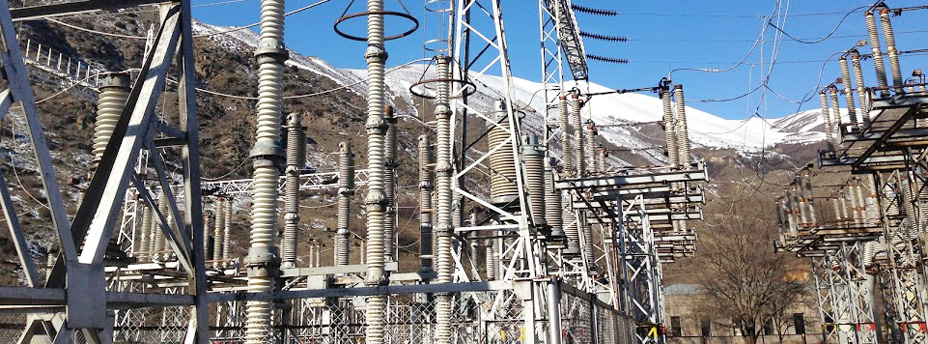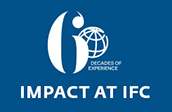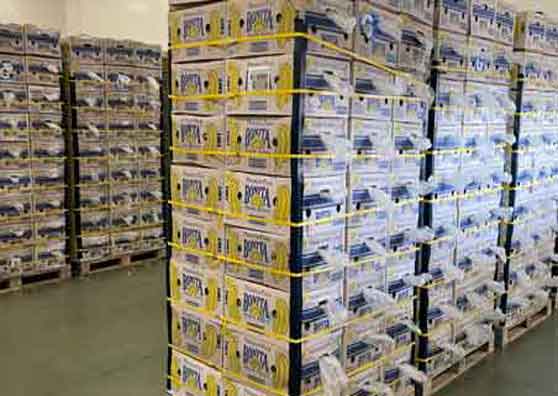
IFC’s recent $140 million financing package was the largest international investment in Armenia’s power sector. © ContourGlobal
 Armenia is at an energy crossroads. The country relies on dated Soviet-era power plants to generate most of its electricity, and many of these facilities are nearing the end of their lives. Armenia also depends on imported fossil fuels for nearly 90 percent of its energy needs. Not only is this expensive, but it also drives up greenhouse gas emissions. It’s an unsustainable situation for a nation committed to energy self-sufficiency.
Armenia is at an energy crossroads. The country relies on dated Soviet-era power plants to generate most of its electricity, and many of these facilities are nearing the end of their lives. Armenia also depends on imported fossil fuels for nearly 90 percent of its energy needs. Not only is this expensive, but it also drives up greenhouse gas emissions. It’s an unsustainable situation for a nation committed to energy self-sufficiency.
IFC is helping Armenia power a more efficient, independent future by supporting the country's renewable energy sector. Our recent $140 million investment in ContourGlobal Hydro Cascade, a private company that owns the Vorotan Cascade, is the national power sector’s first major international debt financing package.
This is important because the Vorotan complex, one of the country’s main power-generating facilities—with three 30- to 40-year-old hydropower plants on the Vorotan River—provides 15 percent of Armenia's electricity. However, its age and condition cannot guarantee a dependable delivery of electricity. IFC’s financing is expected to modernize the facility and boost its electricity generation and reliability, providing power to an additional 60,000 residential customers.
The project is expected to generate around 1,150 gigawatt hours of electricity annually and prevent the release of more than 55,000 tons of greenhouse gases per year by replacing energy generated by fossil fuels.
A New Power Source
IFC’s financing package in Armenia includes a loan of $45 million, alongside parallel loans of $65 million from FMO, the Dutch development bank, and $30 million from DEG, the German Investment and Development Corporation.
In addition to the loan, IFC is a sole provider of an interest rate swap, which will help protect ContourGlobal from fluctuations in interest rates. IFC is one of the few development finance institutions to offer hedging instruments like this to private sector companies in emerging markets to help them better manage interest and currency risks.
The history behind this financing package is just as important as the future it promises the people of Armenia. In 2015, IFC bought an equity stake in ContourGlobal Hydro Cascade; ultimately, that helped the company buy the Vorotan Cascade from the Armenian government. This is a standard-setting example of how private companies can help bolster infrastructure in developing countries. At present less than one-third of all infrastructure spending globally comes from the private sector—but without those private sector funds, many states cannot afford to build or maintain facilities on their own.
Plugging in Emerging Markets
That’s one of the many reasons IFC is committed to facilitating additional private investment in infrastructure. Through a similar role in other developing countries, we have seen that infrastructure development can be the key to jump-starting growth and combating poverty—and that access to electricity is especially important for boosting productivity.
The financing for Vorotan is part of IFC’s broader efforts to support infrastructure development in emerging markets. IFC invested more than $4 billion in power, transport, and municipal infrastructure projects in fiscal year 2016, including funds mobilized from other investors.
Renewable energy facilities like the Vorotan Cascade capture an increasingly large share of IFC’s attention. Over the past five years, IFC has invested more than $3 billion in more than 200 renewable energy projects, supporting nearly 7 gigawatts of hydropower, nearly 4 gigawatts of wind power, and nearly 2 gigawatts of solar power.
To learn more about IFC’s work in renewable energy, visit www.ifc.org/infrastructure
Stay connected: #6DecadesOfExperience
Published in February 2017


